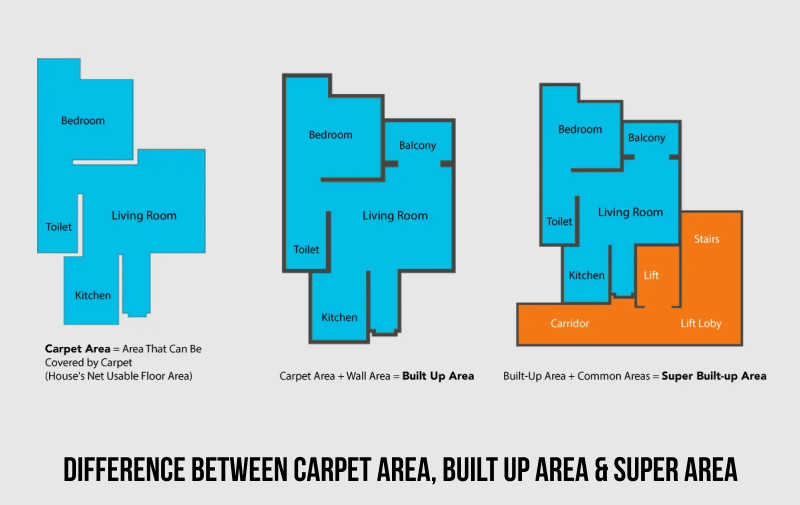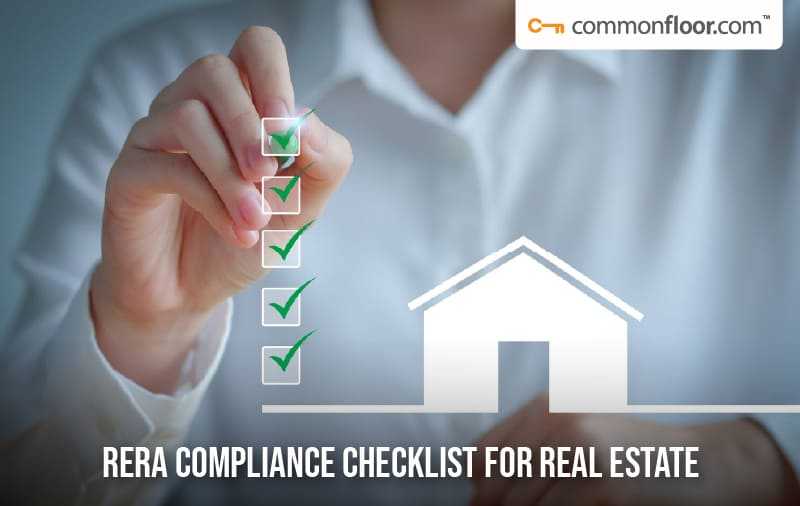Freehold better than leasehold?
The terms ‘Freehold’ and ‘Leasehold’ are important legal terms used in connection with land property. Each has its own advantages and disadvantages. Understanding the difference between leasehold and freehold is one of the problems people come across when buying a residential property. Most of the property in India is freehold and transferred by registration of sale deed. In some specific areas such as Delhi, there are leasehold and freehold property transactions. Therefore, before you plan to buy property or invest in real estate, you should know the difference between them.
Leasehold Properties Vs Freehold Properties
 |
 |
Since you are going to invest your precious money in the property, it is vital to understand the difference between Leasehold Property and Freehold Property. Generally people like to purchase properties which are freehold. The people who are unable to get a freehold property go for a leasehold property. The Leasehold property only gives the buyer the right to live or use property for a specific period.
- Leasehold Property: Buying a Leasehold property means that you own just the building and not the land. In this case, you must pay a ground rent to your landlord. Often this landlord will be your local authority. In specific areas such as Delhi, the government owns most of the land while some of it is leased out. Leasehold properties are not freely transferable and the transactions are done through Power of Attorney (POA).
- Freehold Property: A freehold property is a property which gives full legal rights to the owner to live and use the property. Most of the property in India is freehold, which means that ownership is transferable. A freehold property owner has the right to sell, transfer, renovate and repair the property. The freehold propertygives more right and responsibility to the owner. The only disadvantage of this type of property is that the owner has to carry out repairs that may be required from time to time.
Power of attorney for property sale
Leasehold properties transactions are done through Power of Attorney (POA). Such property has a disadvantage which can cease on the death of the seller. If you are entering into such a transaction, ensure that you have a General Power of Attorney (GPA) as well as a special, irrevocable POA, which will allow you to transfer the property. A Power of Attorney (POA) is in the nature of a grant or authorization. A Power of Attorney can be granted by or in favour of any person who is competent to contract. Depending on the nature of the transaction, the wordings in the document are of utmost importance. The POA coupled with interest cannot be revoked, except with the prior consent of the Agent.
If you are entering into such a transaction, ensure that you have POA for Leasehold property which will allow you to transfer it. The wordings in the document are of utmost importance. The owner will have to either apply for a renewal of the lease before its expiry or apply for a fresh alienation if the lease has expired. Upon expiry of the period of the lease, the land should be reverted to the state authority/landlord.
Conversion of leasehold to freehold property
 |
 |
A leasehold property owner can convert leasehold property to freehold property if the owner has owned leasehold property with general power of attorney (GPA), NOC or documents to convert property. In some specific areas such as Delhi NCR, Gurgaon property owners have never converted their property due to hefty conversion cost or cumbersome process of conversion. These will involve the payment of a hefty premium which would be almost equal to buying the land. The main disadvantage of non-conversion is that the property can neither be sold nor transferred without conversion. The banks and financial institutes never give loans on such properties.
Recently the government eased norms for conversion of property. Owners can convert property on payment of a conversion charge and transfer/sell it without any hassles. The condition for conversion of leasehold to freehold property is simple where the owner will need to have all documents, such as sale deed, power of attorney and receipt of premium paid for converting property, when applying for conversion. A no-objection certificate will be needed if the property is mortgaged or there are any dues on ground rent. Conversion will not be allowed if there is a legal dispute over the property title.
Benefits of converting Leasehold to Freehold property
- The property holder becomes a full-fledged owner only by getting the sale deed of the property after getting it registered.
- There is no period of years attached to the ownership.
- Ground rent does not affect freehold property.
- Property can transferred, sold or mortgaged
- Banks and Financial Institution are ready to offer loan against property.
- Ownership rights are transferred to the purchaser.







